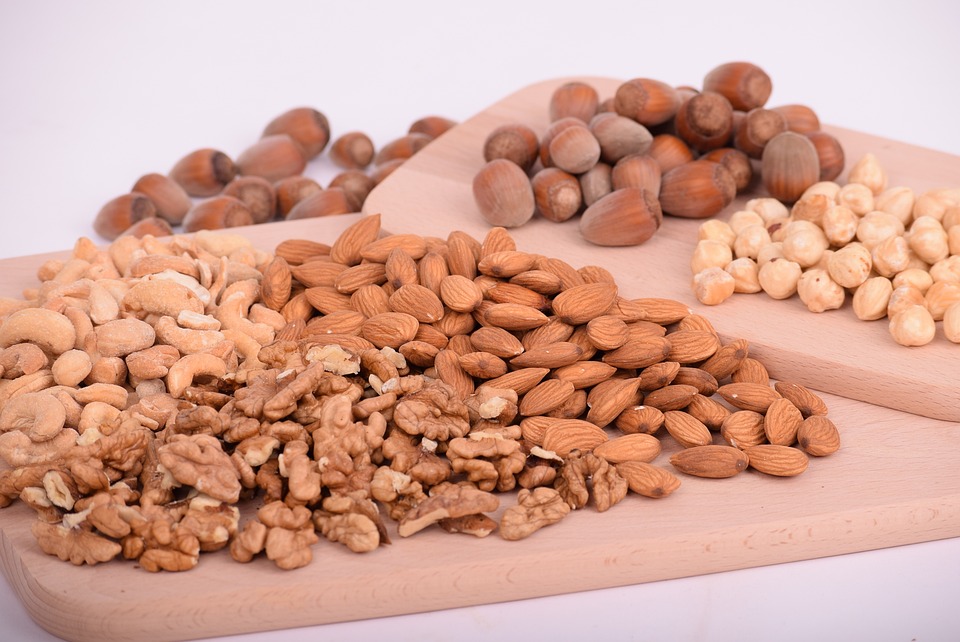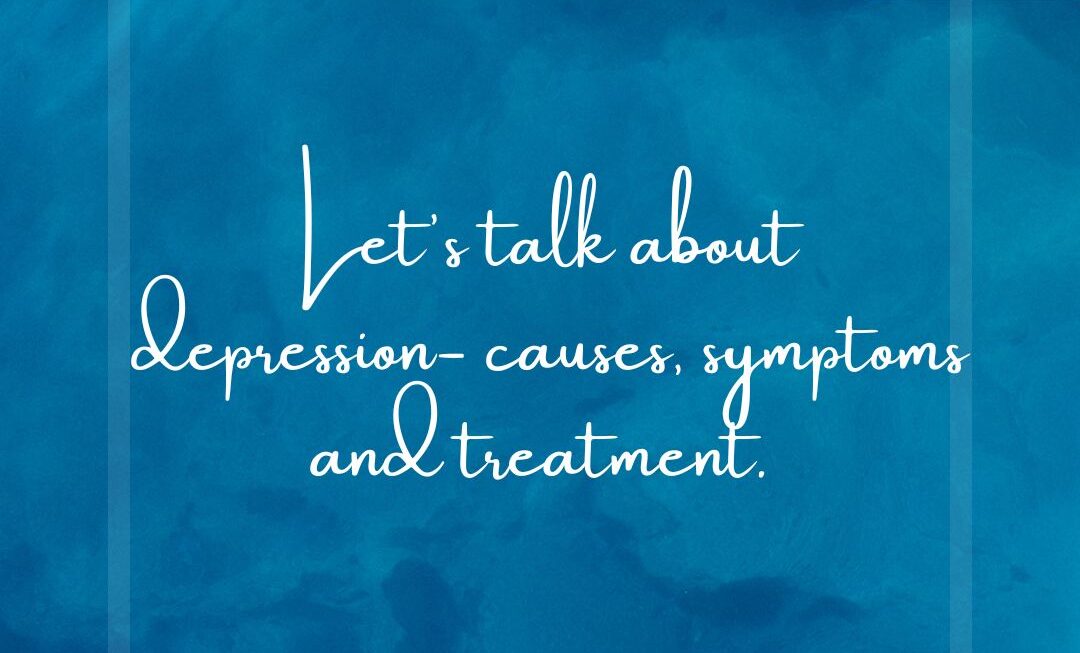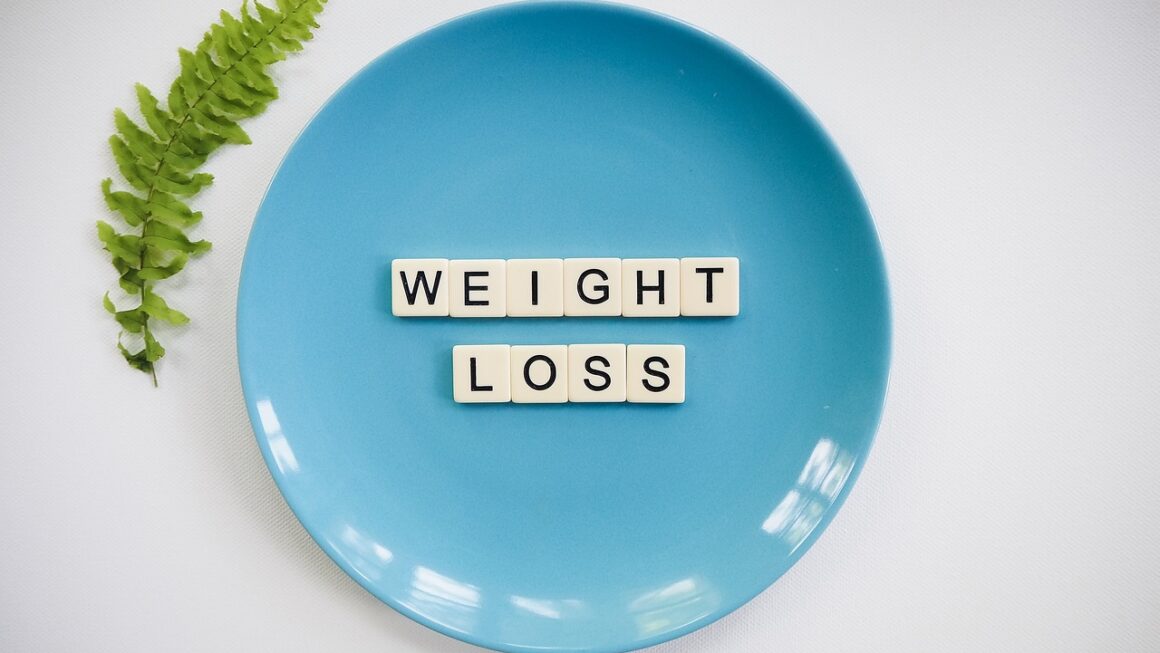We often make health-related resolutions, such as to lose or gain weight, stop smoking or join the neighborhood health club or join the gym. Experts recommend setting smaller goals instead of setting bigger goals because smaller goals are more doable and attainable. It boosts your confidence and helps you progress. It’s better to go one step at a time rather than stepping on a higher one.
Goals should be SMART– SPECIFIC, MEASURABLE, ATTAINABLE, RELEVANT and TIME-BOUND.

“Small steps are achievable and are easier to fit into your daily routine,” says James O. Hill, Ph.D., Director of the Center for Human Nutrition at the University of Colorado Health Sciences Center. “They are less overwhelming than a big, sudden change.”
Here are 10 small steps you can try:
1. Track weight
The extra weight adds up quickly. Keep an eye on your weight and work on making sure you are not gaining extra kilos. Track your weight to know if you are gaining or losing.

2. Eat Breakfast
Do not skip breakfast. Breakfast eaters tend to have better diets overall. For a filling and nutrition-packed breakfast, top Whole Grain Total® with fresh fruit slices and low-fat or fat-free milk or there is a variety food items in Indian breakfast like Poha, Upma etc.

3. Walk
Take more small steps. Ditch that vehicle and choose walking to the nearby grocery store or walk whenever it is possible. Use a pedometer to count your daily steps; then add 2,000, the equivalent of one extra mile. Keep adding steps, 1,000 to 2,000 each month or so, until you take 10,000 steps on most days.
4. Add protein to your diet
Protein is a key part of any diet. The average person needs about 7 grams of protein everyday. Eating legumes (beans and peas), nuts, seeds, whole grains, and other plant based sources of protein is win for your health and the health of the planet.

5. Eat green salad
Have at least one green salad every day because they are a good choice for a helpful diet. Green salad contain Vitamin A, Vitamin C, beta-carotene, calcium, folate, fiber, and phytonutrients. Eating a salad counts toward your five daily cups of vegetables and fruits.

6. Cut the fat
Fat has a lot of calories, and calories count. Switch to lower-fat cheeses, use a nonstick pan with only a dab of oil or butter, use cow ghee if you love ghee in your diet.
7. Calcium intake
Consider calcium by including two or three daily servings of low-fat or fat-free milk or yogurt. Dairy calcium is good for bones and may also help you lose weight.

8. Quantity matters
The smaller the bag, bottle or bowl, the less you will eat or vice versa.
9. Exercise
Give yourself at least 20 mins. Be it yoga, gym or zumba. The health benefits of exercising are huge. You can also use different apps to guide you like- Nike training club, Adidas training, Pumatrac home workouts etc.
10. Start Journaling
Keep track of your eating. Write down what and how much you eat over the next couple of days and look for problem spots. Often, just writing things down can help you track your health.

And here’s an old saying for you before you leave:
“Eat breakfast like a King, lunch like a prince and dine like a beggar”
Remember the saying and make the right changes in your life.



I truly appreciate this blog article. Really thank you! Awesome. Jolee Brucie Strickler
I really enjoy the blog. Much thanks again. Really Great. Shoshanna Neal Rhine